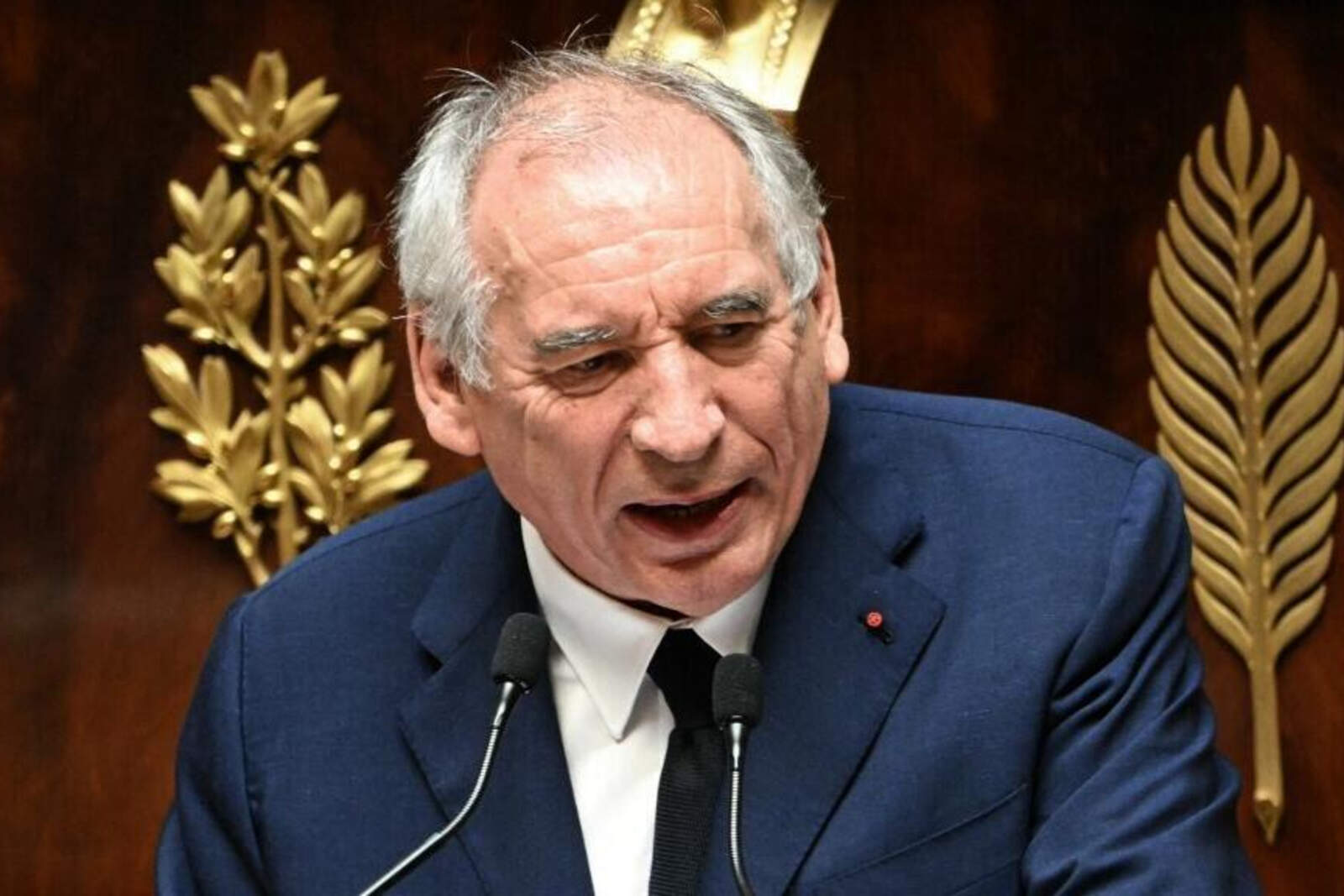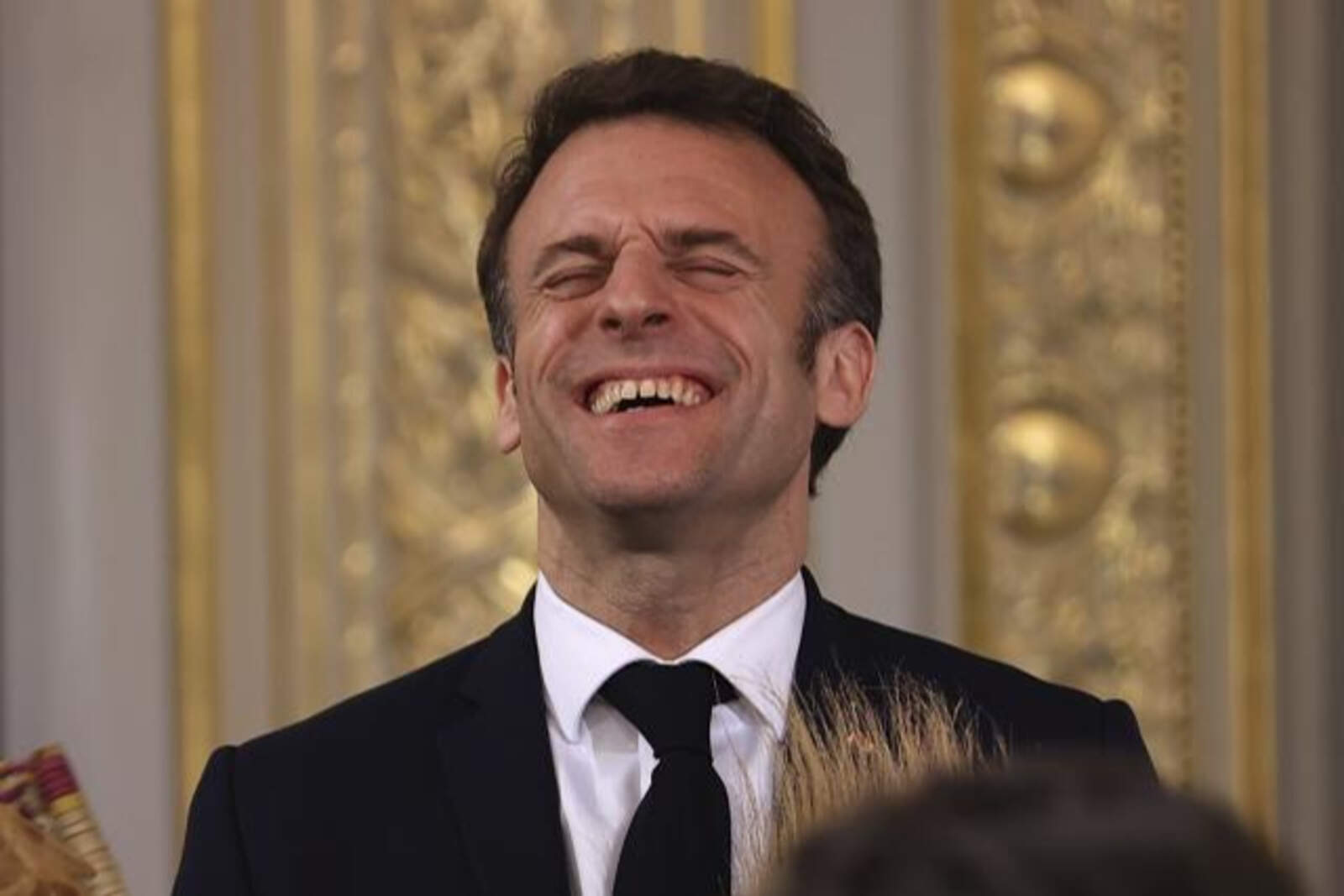The French Parliament dismissed its second government in just nine months this Monday, during a tense debate focused on public debt, marked by calls for new legislative elections and even demands for resignation against President Emmanuel Macron.
After the failed early election in 2024, France is experiencing a period of significant political instability, without clear parliamentary majorities and with a public debt that already reaches 114% of GDP.
With 194 votes in favor and 364 against, the National Assembly rejected the austerity plan proposed by Prime Minister François Bayrou, who announced that he will submit his resignation this Tuesday. This situation puts Emmanuel Macron in the position of urgently forming a new cabinet or calling early legislative elections, just one year after the last elections.

During the debate, Bayrou tried to convince the deputies to approve his budget plan for 2026, which includes cuts of 44,000 million euros (about 51.6 billion dollars), but he failed.
Political instability has become a defining feature of Macron's second term, which began in 2022. Bayrou's government is the fourth to fall during this term and the third in just over a year, reflecting the deep fragmentation of Parliament, where no political force has a clear majority. This lack of agreements has prevented the approval of the budget, while public debt remains around 114% of GDP and the fiscal deficit is around 6%.
Although he was not required to do so, Bayrou, 74 years old, chose to submit his administration to a vote of confidence, which he ended up losing. A total of 364 legislators voted against him, including the left, the right, and part of his own allies, while only 194 supported him.









